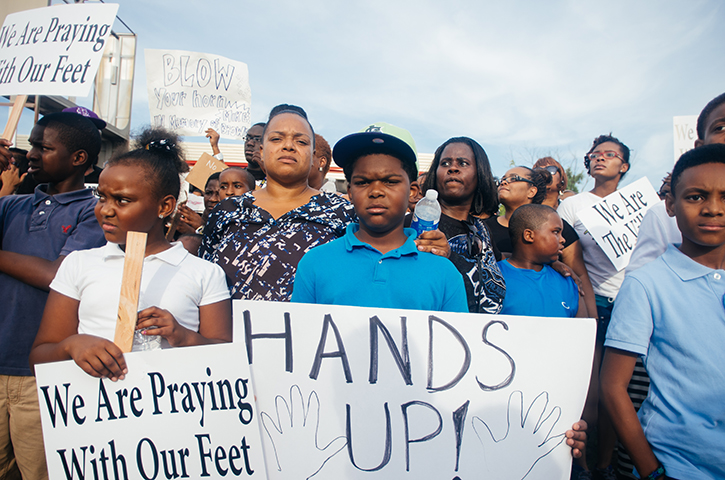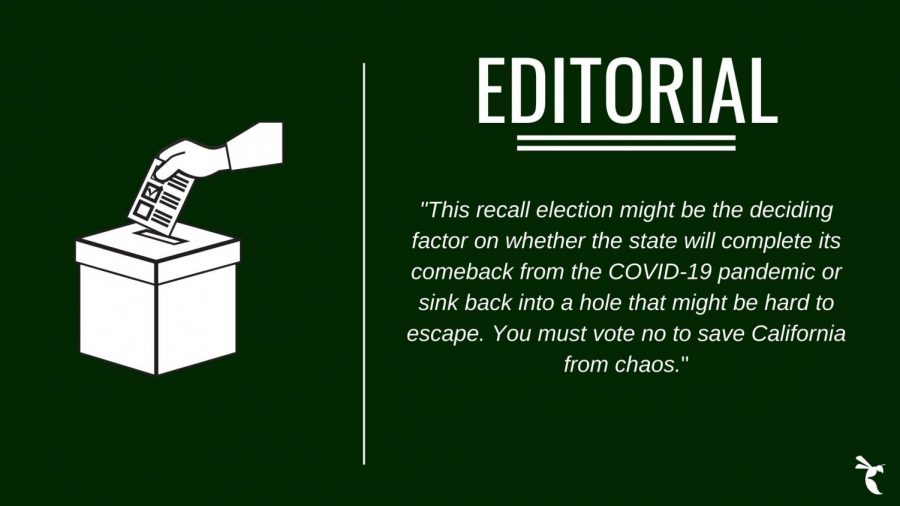Let’s cut to the chase. Michael Brown, Sr. is coming to campus Thursday, and you need to be there. Listening to him speak is an opportunity to learn secondhand how the current state of racial politics in our nation came to be, and how it has affected people involved firsthand.
National conversation about race hasn’t been this volatile since the Civil Rights Era. On August 8, 2014, Ferguson was just a town in Missouri, — albeit one with a racial dichotomy — but it has now become synonymous with a national movement and a systemic problem of racism and violence.
The catalyst that made one town the rallying cry and focal point of a national movement was the death of one young man: Michael Brown, Jr., an 18-year-old and recent high school graduate, who was shot to death by Ferguson police officer Darren WIlson after Brown, Jr. stole a pack of cigarillos.
The backlash was immediate, and would last; Brown, Jr.’s death came two years after Trayvon Martin, and one month after Eric Garner’s death. Citizens of Ferguson protested for weeks, and continued to protest when Wilson’s name was not released, when Wilson’s name was released, and when a grand jury decided to not indict Wilson for any crime.
The Black Lives Matter movement, which started after Martin’s death, became national following these events. “Hands up, don’t shoot,” supposedly Brown, Jr.’s last action and words, became a rallying cry and protest chant, much like Garner’s last words, “I can’t breathe.”
More publicized deaths of black Americans would follow: Tamir Rice, Freddie Gray, a historically black church in South Carolina, Alton Sterling and Philando Castile, just to name those that went viral.
Out of these movements sprang contrariant movements: Blue Lives Matter, referring to the danger that police officers face at work, and All Lives Matter, a common refrain for those who like to ignore historical significance and statistics.
It can and should be argued that the latter movements miss the point of BLM; that at an aggressively disproportionate rate, black men who die between the ages of 15-39 are more likely to die by homicide than any other race and age group.
One doesn’t necessarily have to be on board with the BLM movement, but one needs to have compassion for a father who lost his son, and understand that there are a lot of fathers and mothers who have lost their children, and a lot of children who have lost their parents.
There are real people experiencing real pain, and what is to be done about that is a different discussion; but we cannot lose sight that the most important thing is the person, and the people who are involved. If they’re feeling real pain, we have to consider that and understand that and be compassionate to that.
The BLM movement, and the backlash against it has caused a strange reaction with every new story of someone’s death at the hands of a cop; is it institutional? When you look at one instance of violence, how do you tell if it’s a blip, an outlier? And how do you tell when it’s just one point of light in a constellation of systemic violence and racism?
Rather than vilifying each other, we should try to understand one another and build bridges to each other. In this year in particular, not just with the Black Lives Matter movement, but with everything going on in the political landscape in America, we don’t interact with people who disagree with us, with people who have different experiences from us. We want to be surrounded and bubbled in our own opinions, and with our own people, rather than trying to understand other viewpoints.
Regardless of political opinions, religion, race and gender, people need to go outside their comfort zones and encounter other opinions and try to see things from a different perspective.
Denigrating members of the white working class who are in support of Trump — as fun and easy as it might be — accomplishes less than nothing. It widens the chasm of misunderstanding between Us and Them.
From that great distance it becomes easy to dehumanize the other side, to discount their concerns as whining for whining’s sake, fanaticism or nutty attention-seeking.
The State Hornet commends UNIQUE Programs, and the University in general, for having guests like Cornel West last month and now Michael Brown, Sr. Guests such as these bring critical, national conversations directly to the students, and we encourage everyone in the campus community to attend.
Although Michael Brown, Sr. does not have the same name recognition as a guest as esteemed as Cornel West, there can and should be a line half way across campus for Thursday’s event.
Take a night to learn and feel. Open your mind, your heart. Eventually, things must change, and we all must be a part of that change. Let Thursday be the beginning for us as a campus, and for everyone.
































































































































